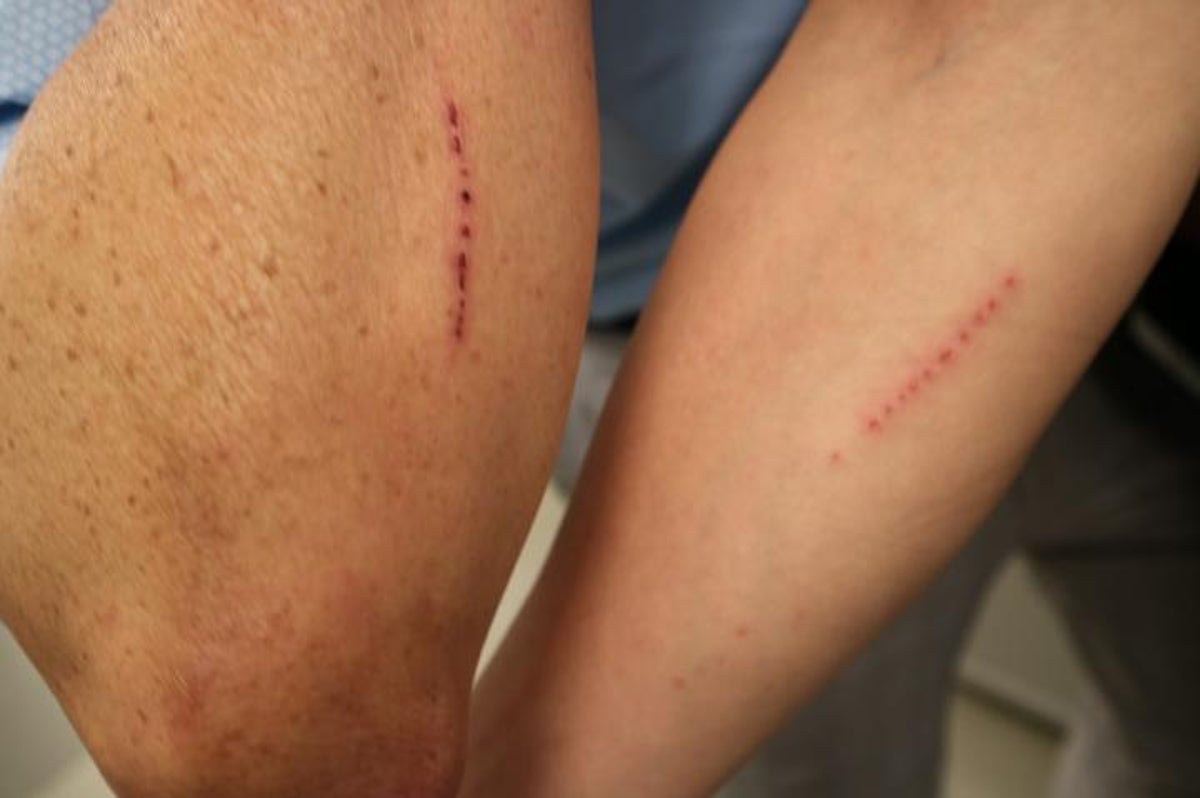
A person’s perception of time can either accelerate or slow down physical healing, according to a new study that points to a strong connection between the mind and body when it comes to health.
Researchers from Harvard University said the findings challenge conventional medical wisdom about the influence of psychological factors on physical health outcomes.
Decades of research into the psychological influences on physical health, such as the placebo effect – involving the administration of inert medication – have led to significant improvements in treatments for a broad range of illnesses.
Approaches like mindfulness and cognitive behaviour therapy are also being considered as treatment options for cases of chronic pain.
The new study assessed how the effect of time on physical healing is influenced by the mental experience of time.
In the research, scientists from Harvard University used a standardised procedure to mildly bruise volunteer subjects and manipulated their perception of time in the lab.
To cause the wounds, participants were subject to cupping therapy, which involves creating a localised suction on the skin using cups, which causes the expansion of blood vessels beneath the skin, leading to bruising post-therapy.
Cupping was not used for any therapeutic purpose in the study, but rather for the incidental marks left on the skin after treatments.
Each study participant then completed three experimental conditions: slow time (half of real-time); normal time, which was the same as real-time; and fast time which was twice the rate of real-time.
Participants spent the same amount of real-time (28 min), but the perceived time in two of the conditions was altered using a manipulated timer such that the perceived time was equal to half for one set of subjects (14 min) or double (56 min) the amount of realtime for others.
Researchers observed that wounds healed faster in participants who believed more time had passed, and the healing process appeared slower when a participant perceived less time to have gone by.
“Compared to a control condition, in which perceived time and actual time were equal, we found that experimentally induced wounds healed faster when participants believed more time had passed, and slower when they believed less time had passed, even though the actual elapsed time was always the same,” scientists wrote.
“Our results demonstrate that the effect of time on physical healing is inseparable from the psychological experience of time,” they said.
Until now, conventional wisdom has held that psychological influences only affect health indirectly, primarily by influencing behavior.
The latest findings, according to researchers, make yet another case of direct mind-body connection in human health.
“Perceptions, expectations, beliefs, and so on are reflected throughout the mind–body and necessarily shape biological and physiological processes,” scientists added.
They said more research was needed to understand the underlying mechanisms and broader implications of these findings.







